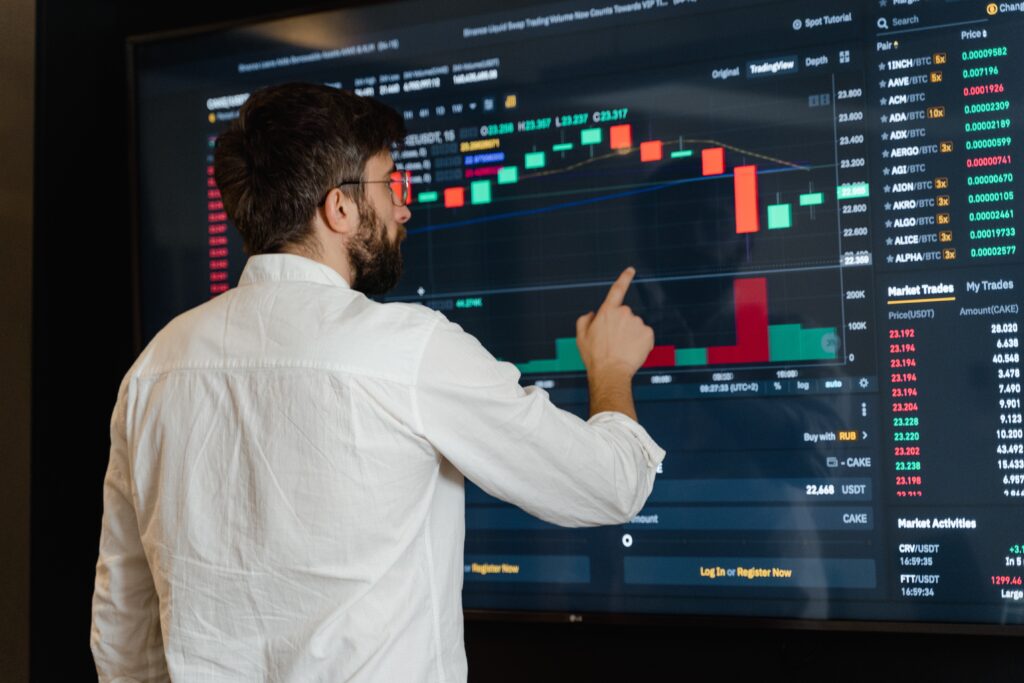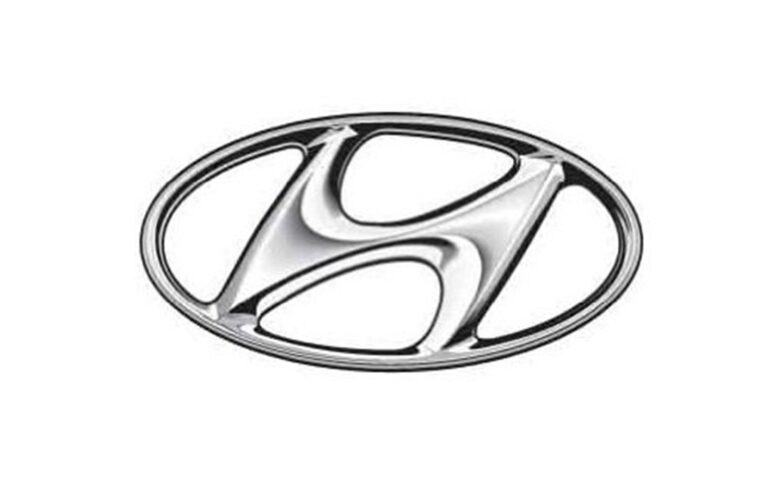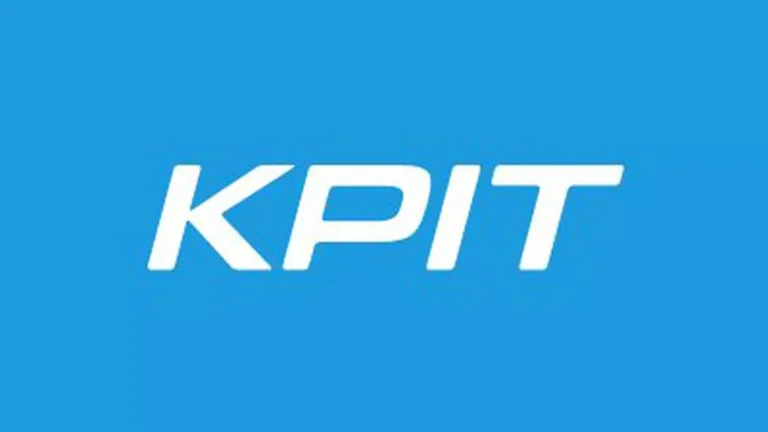
Trading in derivatives on the financial markets includes both trading in options and trading in futures. They are financial products whose value is derived from an underlying asset, such as securities, commodities, money, or indexes. An overview of options and futures is provided below:

1.Trading in Options:
- The holder of an option has the choice to buy (call option) or sell (put option) an underlying asset at a fixed price (strike price) on or before a predetermined date (expiration date), but not the obligation to do so.
- An option’s seller (writer) receives a premium from the option’s buyer.
- Options may be used for speculating, hedging, or generating income, among other things.
- Call options and put options are the two categories of options.
- The holder of a call option has the option to purchase the underlying asset at the strike price. When investors anticipate that the price of the underlying asset will increase, they frequently use call options.
- The holder of a put option has the option to sell the underlying asset at the strike price. When investors anticipate a decline in the value of the underlying asset, they frequently use put options.
2.Trading in futures:
- Futures are standardised agreements to purchase or dispose of an underlying asset at a predetermined price at a later date. Futures carry a commitment to buy or sell the asset at the predetermined price when the contract expires, unlike options.
- Futures contracts can be used to speculate on the future price movement of the underlying asset or to hedge against price volatility.
- Although futures contracts are frequently used in the trade of commodities (such as oil, gold, and wheat), they are also available for financial assets (such as stock index futures and interest rate futures).
Important distinctions between options and futures:
- While holders of futures contracts are bound to perform the contract, options only give the right to buy or sell.
- Futures need an initial margin, whereas options involve paying a premium.
- While futures contracts typically have multiple expiration dates throughout the year, options have a set expiration date.
- While futures are often employed for speculation or hedging, options can be utilised for a variety of purposes, including risk reduction (hedging), income production (covered call writing), and speculation.
Trading in futures and options both carries some risk and can be complicated. Before engaging in trading activities, it is crucial to have a clear understanding of these instruments and the dangers involved. Options and futures are frequently used by traders and investors as part of a larger strategy to control risk or look for profitable opportunities in the financial markets.





